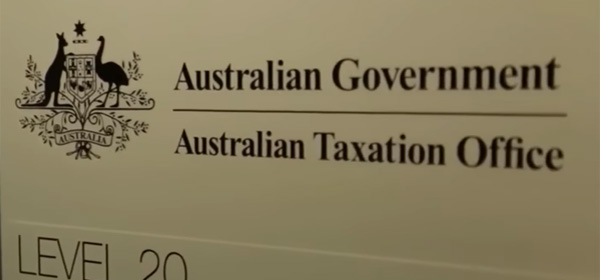The Government has announced a package of reforms to give the Australian Taxation Office (ATO) greater powers to recover unpaid superannuation.
The ATO’s first ever audit of the superannuation guarantee shows that, since 2009, workers have missed out on $17 billion that should have gone to retirement nest eggs.
The figures also revealed approximately 80 per cent of unpaid superannuation went undetected by the ATO in 2014-15, with only around 13 cents in each dollar actually recovered for workers.
The ATO says it has been able to claw back around $2 billion since 2010, but it is hoping the new recovery powers will help secure even more money.
The Government will provide the ATO with additional funding for a Superannuation Guarantee Taskforce to crackdown on employer non-compliance.
The package builds on legislation already announced to close a legal loophole used by unscrupulous employers to short-change employees who make salary-sacrifice contributions to their superannuation.
“We have 150 staff, at least, doing super guarantee work full time and they’ve been relatively successful,” said the ATO’s Deputy Commissioner for Superannuation, James O’Halloran.
“If we find it is intentional disregard, we will in fact apply penalties and take people to court as necessary. And there is a penalty regime up to 200 per cent of the outstanding amount of super guarantee.”
Financial Services Minister Kelly O’Dwyer says the ATO is getting more money to haul employers into line with tougher penalties.
“The ATO will have a new ability to seek court-ordered penalties in the most egregious of these cases of non-payments, and they will be able to secure assets and security bonds for high-risk employers,” Ms O’Dwyer said.
The Australian Institute of Superannuation Trustees (AIST) welcomed the reforms, while calling for more frequent employer payslip reporting.
AIST CEO Eva Scheerlinck said employer non-compliance with SG obligations costs workers billions of dollars in lost superannuation, leading to poorer retirement outcomes and a higher age pension payment liability for the Government.
“The ATO has confirmed that there is a massive problem of underpayment that has to be addressed,” Ms Scheerlinck said.
“Superannuation is deferred wages and, in a compulsory super system, members must receive their full entitlements. Importantly, this package of reforms includes strengthening employer penalties for non-compliance and enhancing the ATO’s power to deal with repeat offenders.”
Industry Super Australia public affairs director Matt Linden called for government to urgently reconsider the 25-year-old laws that allow employers to use employees’ super for business cash flows and ultimately not pay the money at all.
“The ATO is to be commended for finally releasing this data knowing full well questions would be asked as to why so much money is not being paid without detection,” said Mr Linden.
“With a compliance regime that is highly dependent on employee complaints and employer self-reporting, it is no surprise billions in unpaid super is going unchecked.
“With more than 80 per cent of unpaid super going undetected, rogue employers know the chances of getting caught are slim.
“This is not how a compulsory system which is meant to guarantee contributions should work,” said Mr Linden.
Have you had some of your super stolen? What did you do about it?
Related articles:
ASIC making super fees transparent
Another round of super reforms?
What is your super fund hiding?

